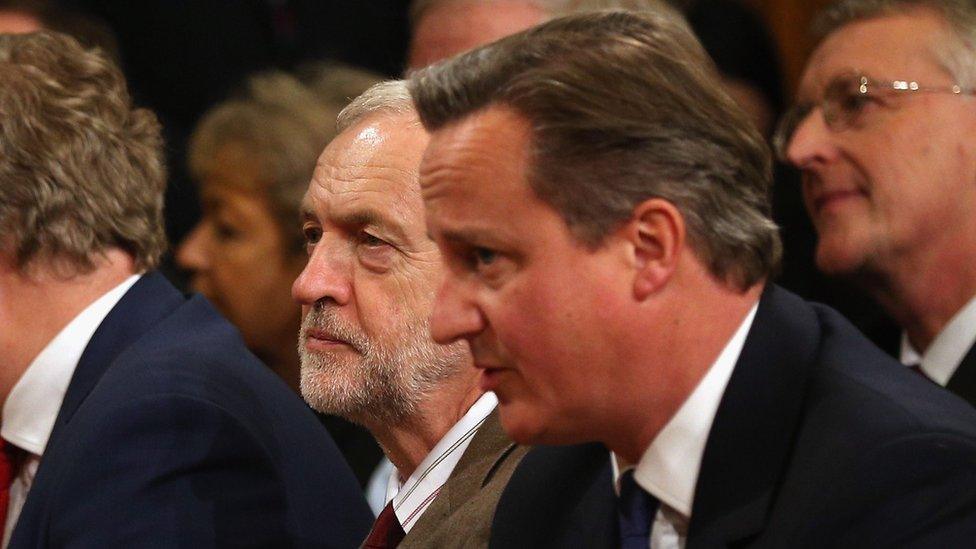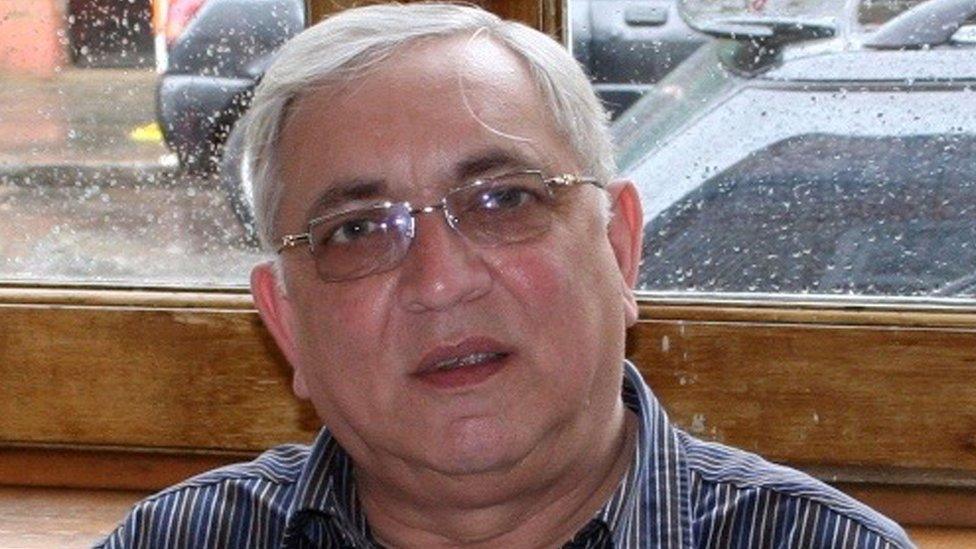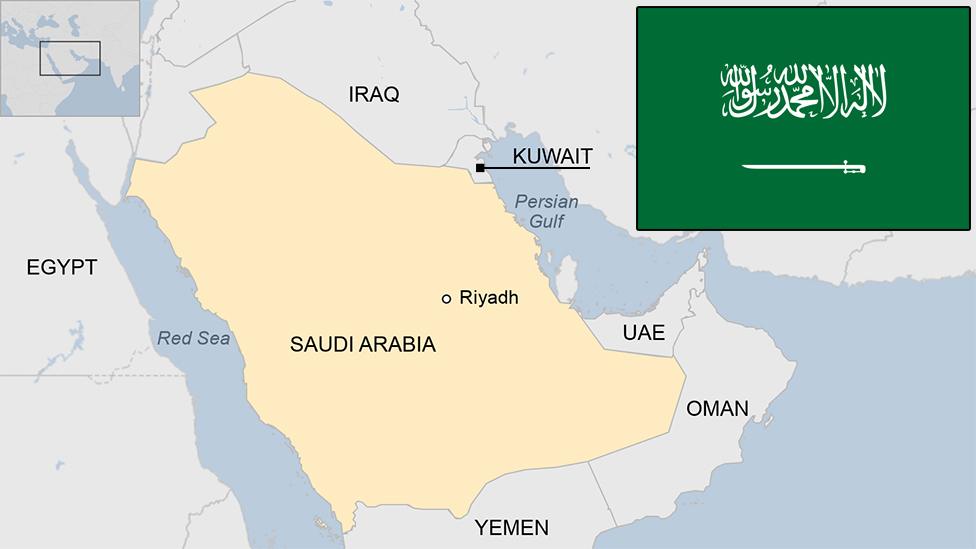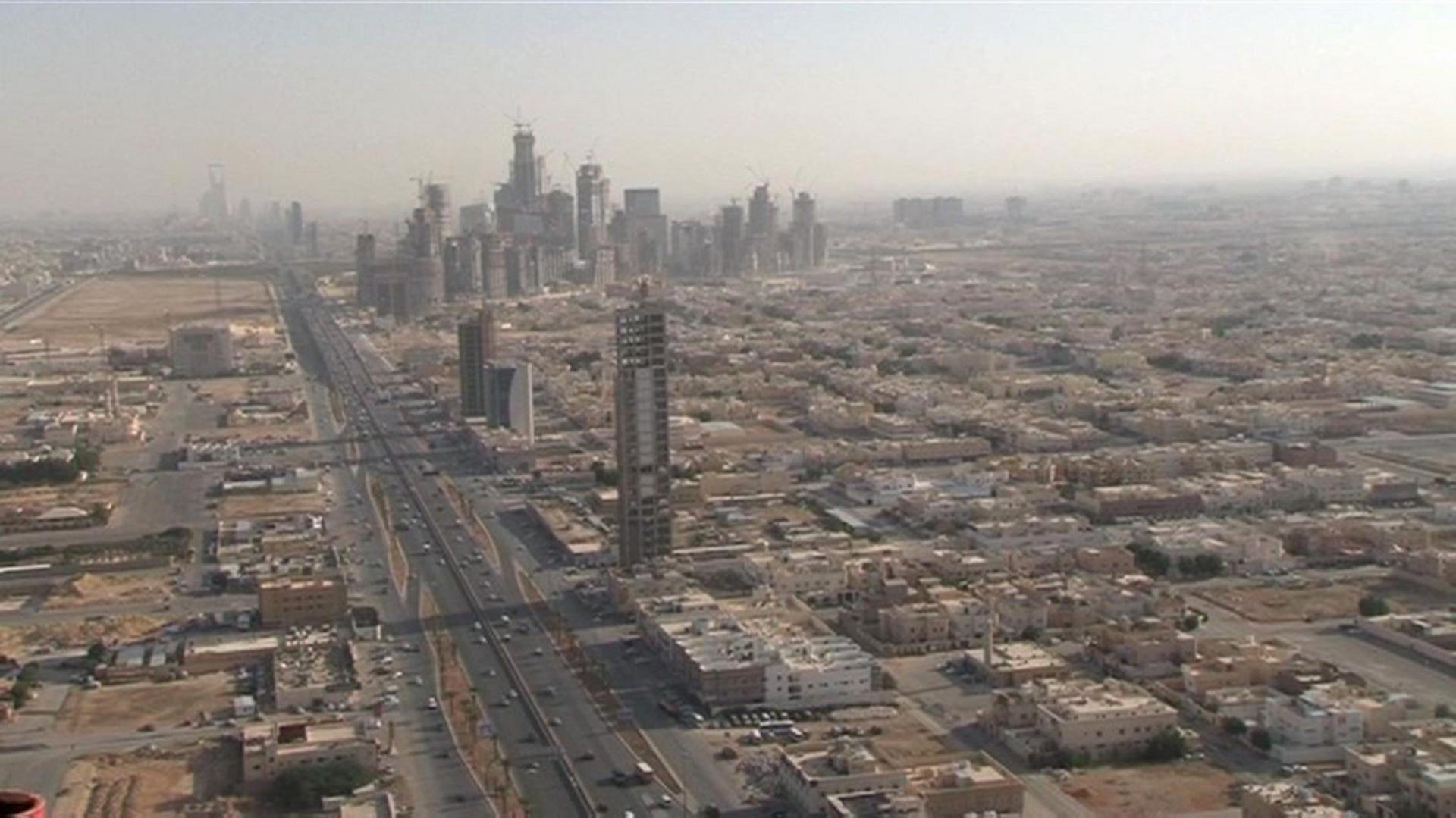Saudi relationship with UK 'at risk', warns ambassador
- Published

Prince Mohammed said Saudi Arabia made an important contribution to "Britain's security and economy"
An "alarming change" in Britain's attitude towards Saudi Arabia could lead to "serious repercussions", the Saudi ambassador has warned.
Writing in the Daily Telegraph,, external Prince Mohammed bin Nawaf bin Abdulaziz highlighted the UK's cancellation of a deal to train Saudi prison staff.
He said Labour leader Jeremy Corbyn had "breached mutual respect" by claiming to have been instrumental in the move.
Prince Mohammed said Saudi Arabia would "not be lectured to by anyone".
Saudi Arabia has long been accused of human rights abuses, and has come under pressure from the UK over its treatment of both expats and Saudi nationals who have fallen foul of the country's Islamic laws.
'Lack of understanding'
Earlier this month, the government announced that it had withdrawn from a controversial £5.9m prisons deal with Saudi Arabia.
The contract was to provide a "training needs analysis" for Saudi prison service staff.
At the time, David Cameron's official spokeswoman said it reflected the government's decision to focus on domestic priorities.

Prince Mohammed singled out Labour leader Jeremy Corbyn for criticism
Prince Mohammed said his country had "always had to deal with a lack of understanding and misconceptions", but just as his people respected "the local traditions, customs, laws and religion of Britain, we expect Britain to grant us this same respect".
He continued: "One recent example of this mutual respect being breached was when Jeremy Corbyn, leader of the Opposition, claimed that he had convinced Prime Minister David Cameron to cancel a prison consultancy contract with Saudi Arabia worth £5.9m."
He also said the contract's cancellation had coincided with speculation linking it to a number of "domestic events" in the country.
He added: "If the extensive trade links between the two countries are going to be subordinate to certain political ideologies, then this vital commercial exchange is going to be at risk. We want this relationship to continue but we will not be lectured to by anyone.
"Hasty decisions prompted by short-term gains often do more harm than good in the longer term."
Stoning and beheading
Mr Corbyn used his recent Labour Party conference speech to call for the prisons deal to be scrapped, and said the government had been "shamed" into a "U-turn on this terrible contract".
He said Mr Cameron should be sending a "strong message to repressive regimes that the UK is a beacon for human rights" and claimed the contract bid would damage Britain's standing in the world.
And the Times said Michael Gove,, external the lord chancellor and justice secretary, also wanted to pull out of the agreement, arguing the government should not assist a regime which uses beheadings, stoning, crucifixions and lashing under a strict interpretation of Islamic law.
Kate Higham, of human rights organisation Reprieve, said the Saudi authorities "need to realise that until they put a stop to the horrific abuses in the kingdom, no country with any respect for human rights will want to go near their 'justice' system".

Briton Karl Andree was imprisoned in Saudi Arabia after being caught with homemade alcohol
There have been recent tensions between the two countries over 74-year-old expat Karl Andree, jailed in Saudi Arabia after being caught with homemade wine and thought at one point to be facing 360 lashes.
And Mr Corbyn has also told Mr Cameron to urge Saudi Arabia to commute the sentence of Saudi national Ali Mohammed Baqir al-Nimr, who faces the death penalty after being found guilty of a long list of crimes including breaking allegiance to the king.
In addition, Prince Mohammed said the "intense criticism" of the state's response to the Syrian refugee crisis had been "unfair, as it failed to acknowledge that Saudi Arabia has taken in over 2.5 million displaced Syrians".
The intelligence provided by Saudi authorities had also helped Britain combat terrorism, he added.
"To further our shared strategic interests in the years ahead as we confront a variety of threats, it is crucial that Saudi Arabia be treated with the respect it has unwaveringly afforded the United Kingdom."
- Published29 August 2023

- Published13 October 2015

- Published13 October 2015
